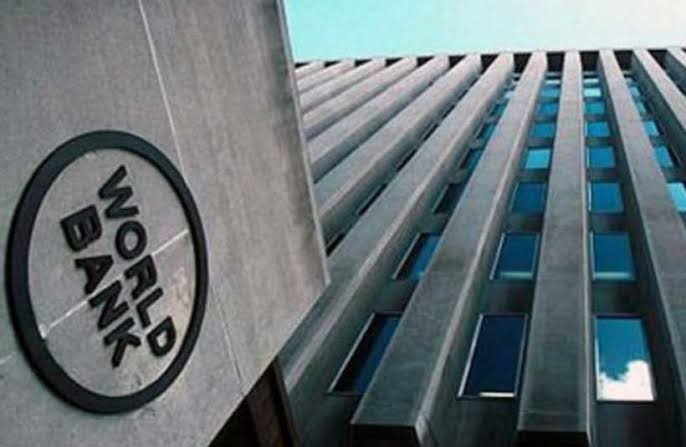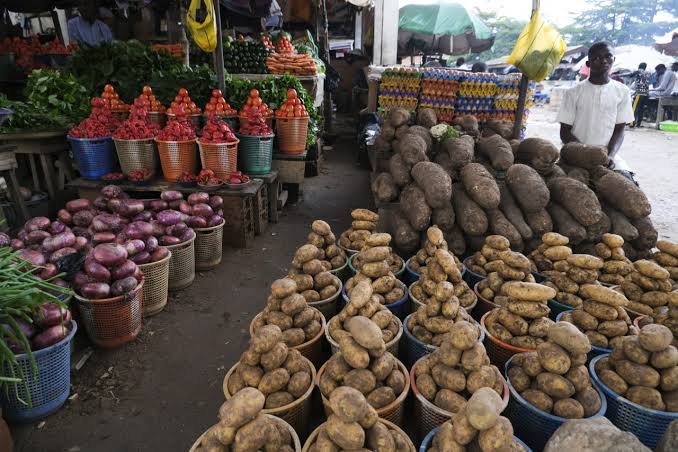By Dare Akogun
The World Bank has donated an estimated $12bn, almost half of which was disbursed to Africa, to help the recipient countries deal with food shortages.
In a recent study titled “Food Security Update | World Bank Response to Increasing Food Insecurity,” the bank noted that domestic food costs remained high across the world, particularly in low and medium-income nations.
The global food crisis has reportedly been made worse in part by the rise in trade-related measures implemented by nations in response to Russia’s invasion of Ukraine, the bank claims. These policies have been implemented in an effort to boost local supply and lower prices.
The bank also announced a $30 billion relief program that would be implemented over a 15-month period and include $12 billion in new projects to help counties deal with food insecurity.
The research estimates that in 45 countries, up to 205 million people might experience severe food insecurity and require immediate help.
“The most recent Food Price Monitoring and Analysis Bulletin released by the Food and Agriculture Organisation revealed mixed trends for international cereal prices in January 2023,” the report reads in part.
“World wheat prices fell in January for a third consecutive month; international coarse grain prices remained mostly unchanged; and international rice prices rose at an accelerated pace in January 2023.
Overall, FAO’s analysis indicates that high prices have persisted for the past three months despite some evidence of easing from 2022 peaks in certain countries, with rice price hikes mostly responsible for sustained high cereal prices.” as seen in the report.
In addition to the economic stimulus, the World Bank Group announced that it had collaborated with the G7 President and co-convened the Global Alliance for Food Security in an effort to spark a prompt and coordinated response to the growing global hunger issue.
According to the study, the alliance had created the openly available Global Food and Nutrition Security Dashboard, which gave local and international decision-makers immediate information to aid with better coordination of the financial and policy response to the food crisis.





